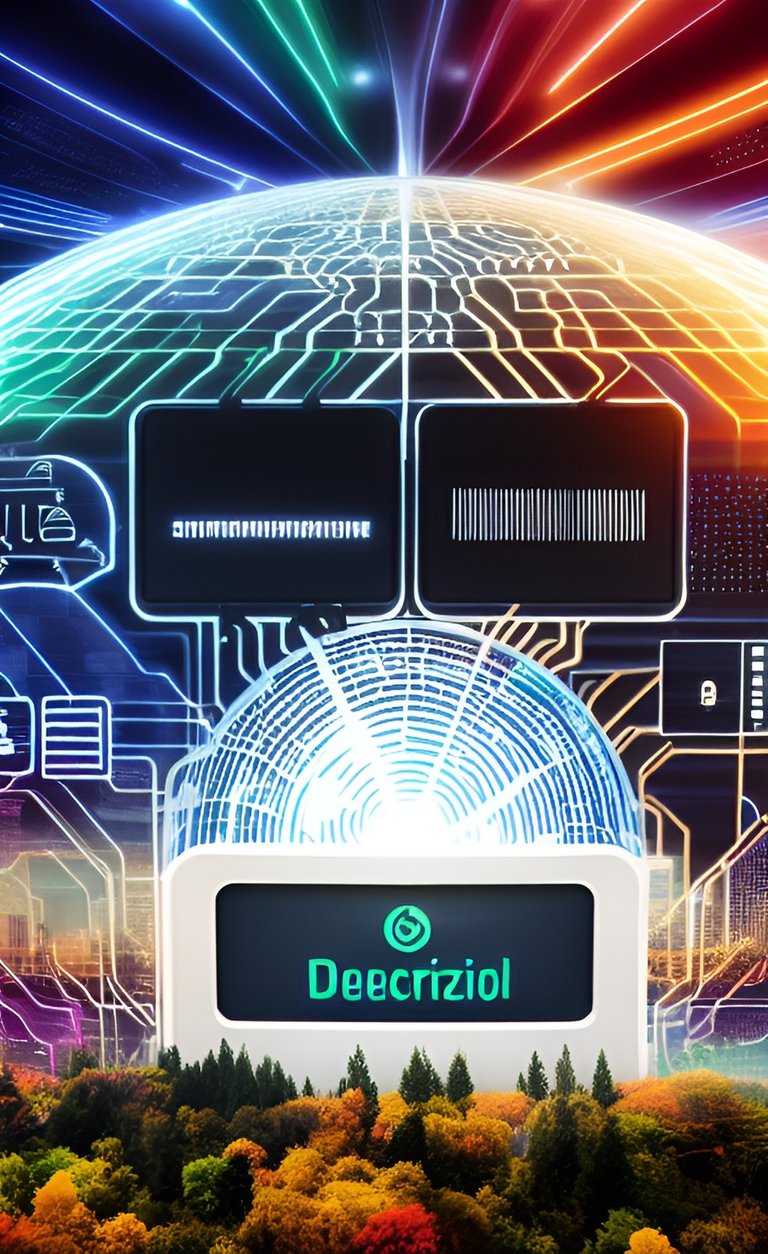Web3.0 and decentralization, how web3.0 can promote transparency and trust in various sectors of the Nigerian society

Web3.0, also known as the decentralized web, is a new era of the internet that aims to decentralize the web and give power back to the users. The technology is built on blockchain, a distributed ledger system that enables secure and transparent transactions without the need for intermediaries.
A Web3 world that removes traditional “middlemen” in favor of decentralization has potential for creators and regular end users to gain more control over their data — but only if issues around digital trust, transparency and reliability are successfully addressed. As the story of the internet continues to be written, organizations able to anticipate these issues ahead of time and prepare to address them will be well positioned to adapt as Web3 continues to become a reality.
In an environment of ever-increasing mistrust, blockchain and Web3 could power “trustless” systems that decentralize data to rebuild trust.
Decentralized systems, applications, and business models add a protective layer to the existing transaction infrastructure, enabling organizations to close the digital trust gap by helping them create a single version of irrefutable truth. They rely on cryptography- and code-driven consensus of systemwide users, rather than moderation by third-party intermediaries—without sacrificing data privacy. The resulting shared, trusted record can be inspected by selected third parties but cannot be controlled by any single, central superuser. A consortium of participants keeps the information up to date so that each participant maintains a copy of the updated, immutable database.9
Trust-related use cases include digital credentials and identities, data-sharing with third parties, provenance and traceability, and micropayments and transactions.
In Nigeria, web3.0 technology has the potential to promote transparency and trust in various sectors of the society. Here are some ways web3.0 can do that:
Decentralized Finance (DeFi):
Web3.0 technology enables the creation of decentralized financial applications that can be accessed by anyone with an internet connection. DeFi applications are built on blockchain, which ensures transparency and immutability of transactions. This can promote trust in the financial sector in Nigeria by enabling transparent and secure transactions without the need for intermediaries.
Voting Systems:
Web3.0 technology can be used to create decentralized voting systems that can ensure the transparency and security of the electoral process. This can help promote trust in the political system in Nigeria by ensuring that votes are accurately counted and that the electoral process is free from manipulation.
Land Registry:
Web3.0 technology can be used to create a decentralized land registry system that can ensure the transparency and accuracy of land ownership records. This can help promote trust in the real estate sector in Nigeria by reducing the incidence of fraudulent land sales and disputes over land ownership.
Supply Chain Management:
Web3.0 technology can be used to create a decentralized supply chain management system that can ensure the transparency and traceability of goods and products. This can help promote trust in the manufacturing and distribution sectors in Nigeria by enabling consumers to track the origin and journey of products they purchase.
In summary, web3.0 technology has the potential to promote transparency and trust in various sectors of the Nigerian society by enabling the creation of decentralized systems that are transparent, secure, and free from intermediaries.
Excellent post. And because it is an excellent post that mentions Web3, I've given it a 100 percent upvote. Feel free to follow my curation trail at https://hive.vote/.